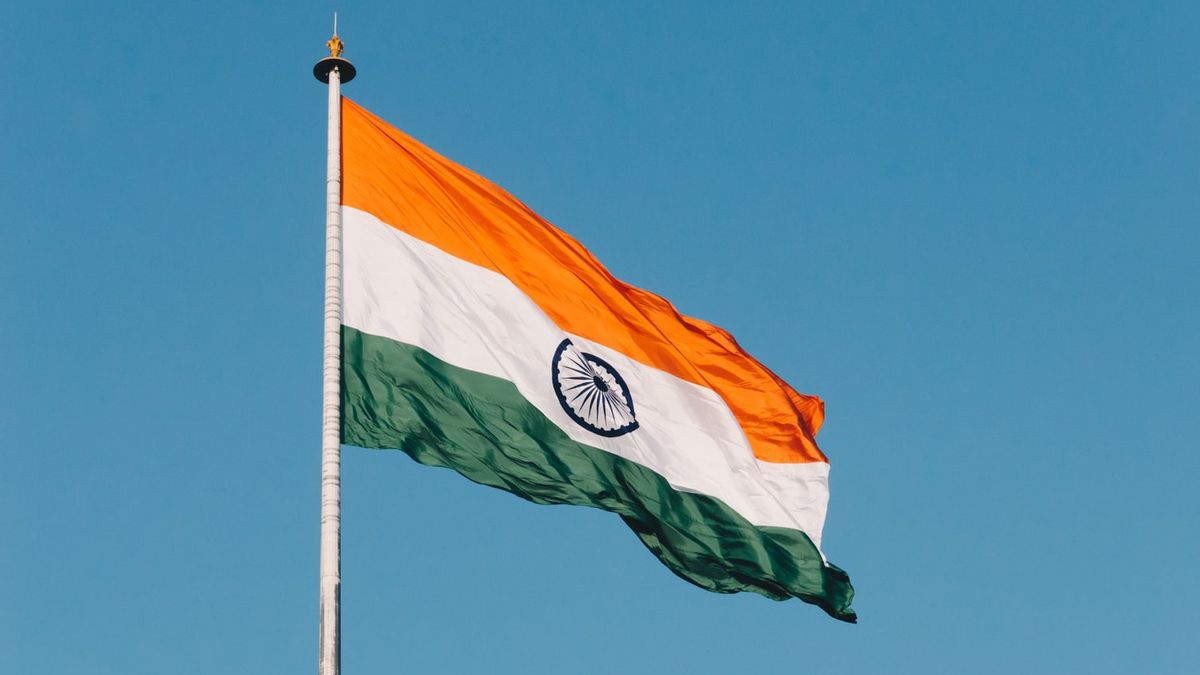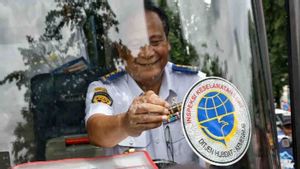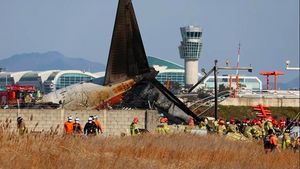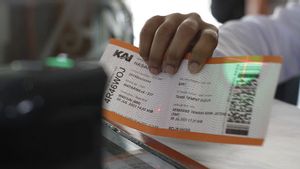JAKARTA - It has been 11 weeks since the China-India border dispute in the Himalayas has been rolling. That has prompted India to reconsider its support for the One China Policy. If that happens, India will automatically not admit that Taiwan is part of China.
A country that supports the One China Policy, must recognize that both mainland China and Taiwan are one unit. India's intention to consider such recognition would escalate tensions even further.
Launching SCMP, several parties who have urged India to reconsider the recognition are among retired diplomats, analysts to the leadership of Tibet. They urged the government of Prime Minister (PM) Narendra Modi to get closer to Taiwan. The whisperers said the move would be seen as an assertiveness against China.
Analysts say that if India changes its position towards the One China policy, it will overhaul the foreign policy map of the country. For this reason, India is currently only able to launch a subtle strategy against China. One way is to improve relations with the leaders of Taiwan and the Tibetan community.
“I don't think India will lose support for the One China Policy. However, India will not place it in joint declarations and statements like before, "said Jawaharlal Nehru University Professor of China Studies, BR Deepak.
To launch its mission of approaching Taiwan, India assigned a senior diplomat who previously handled India's relations with the United States, Gurangal Das. In practice, two lawmakers from the Bharatiya Janata Party (BJP) attended the virtual inauguration of Taiwanese President, Tsai Ing-wen, for his second term.
Old supporterSince 2008 India has been a strong supporter of the One China Policy. Through a joint statement between then Indian PM Manmohan Singh and Chinese Premier Wen Jiabao, India became the first supporter of this policy. Even then India insisted it would continue to oppose any activity that went against this policy.
Under the One China Policy, the administration requires other countries to recognize China's claims to Taiwan and refrain from recognizing Taiwan. This means countries can have diplomatic relations with China or Taiwan, but not both.
Over the years, China has been able to have multiple allies that support the One China Policy. In contrast, currently only 15 countries recognize Taiwan as having a separate government from the bamboo curtain country.
An official at India's Foreign Ministry who declined to be identified, said the clashes in the Galwan Valley were a turning point for India's foreign policy overhaul. This suggests that India no longer needs to "restrain" its diplomatic engagement and need not fear angering China.
“Until then, India does not expect China to jeopardize peace along the border. But now, India must prepare for worse, "the official said.
The English, Chinese, Japanese, Arabic, and French versions are automatically generated by the AI. So there may still be inaccuracies in translating, please always see Indonesian as our main language. (system supported by DigitalSiber.id)













